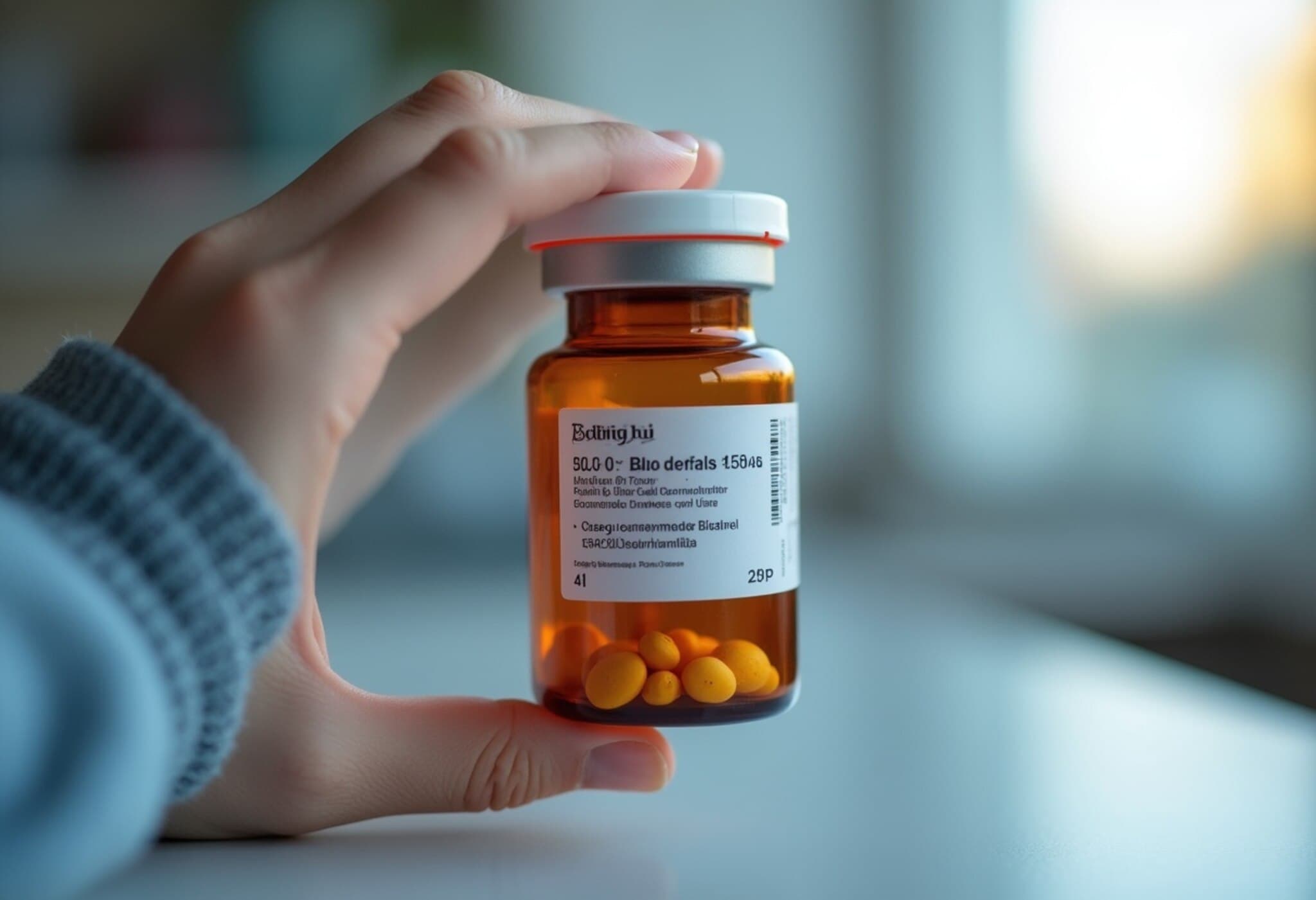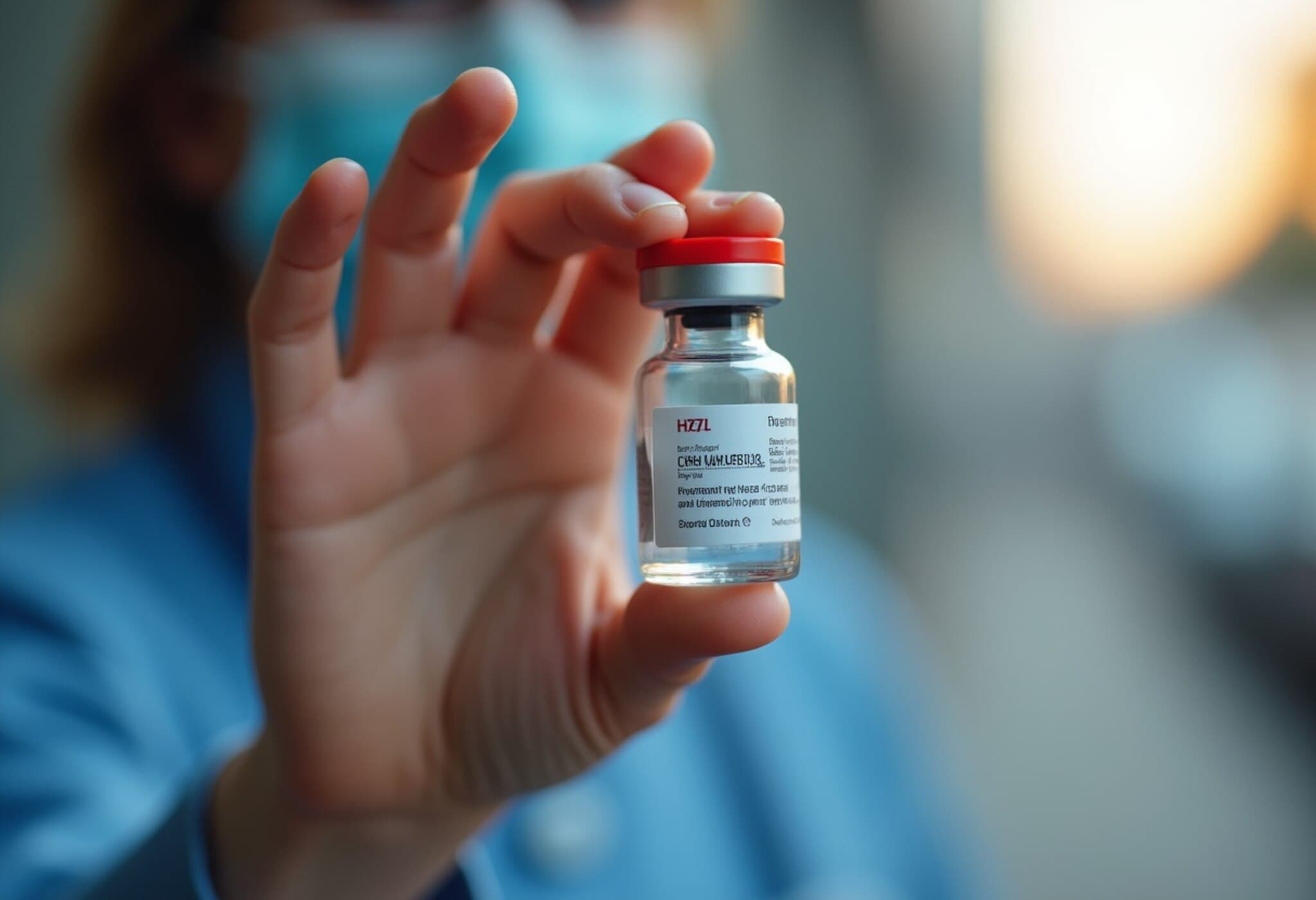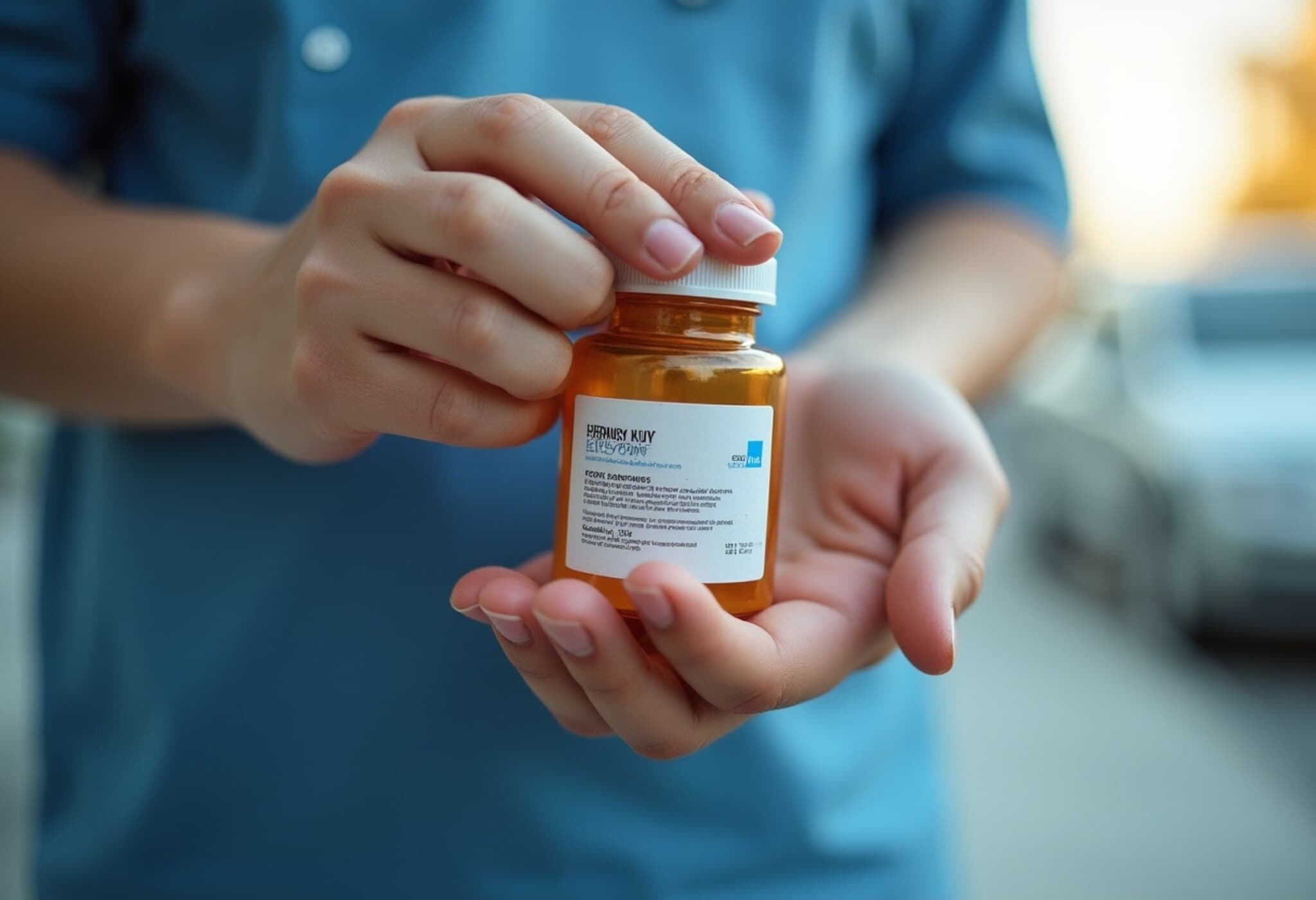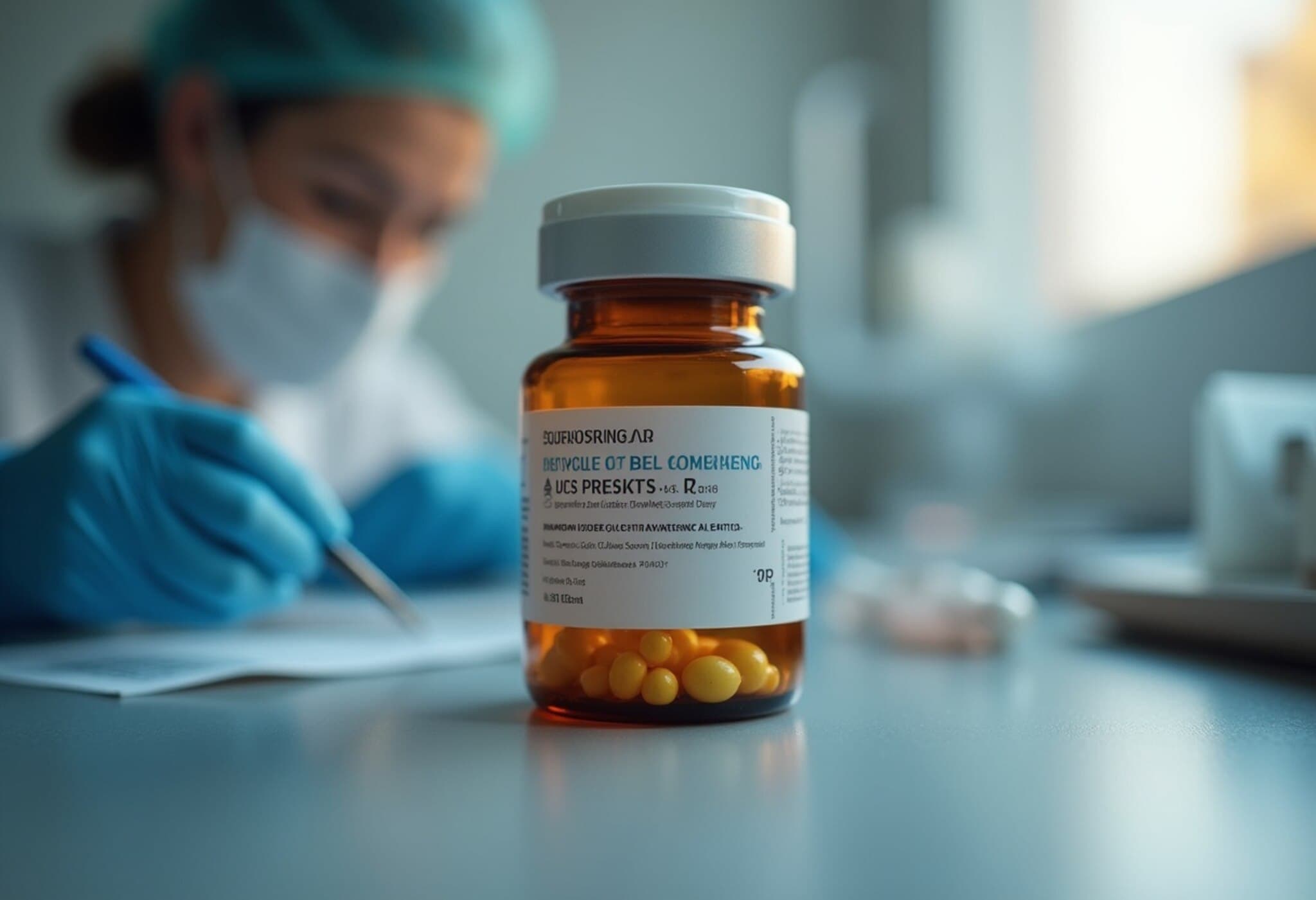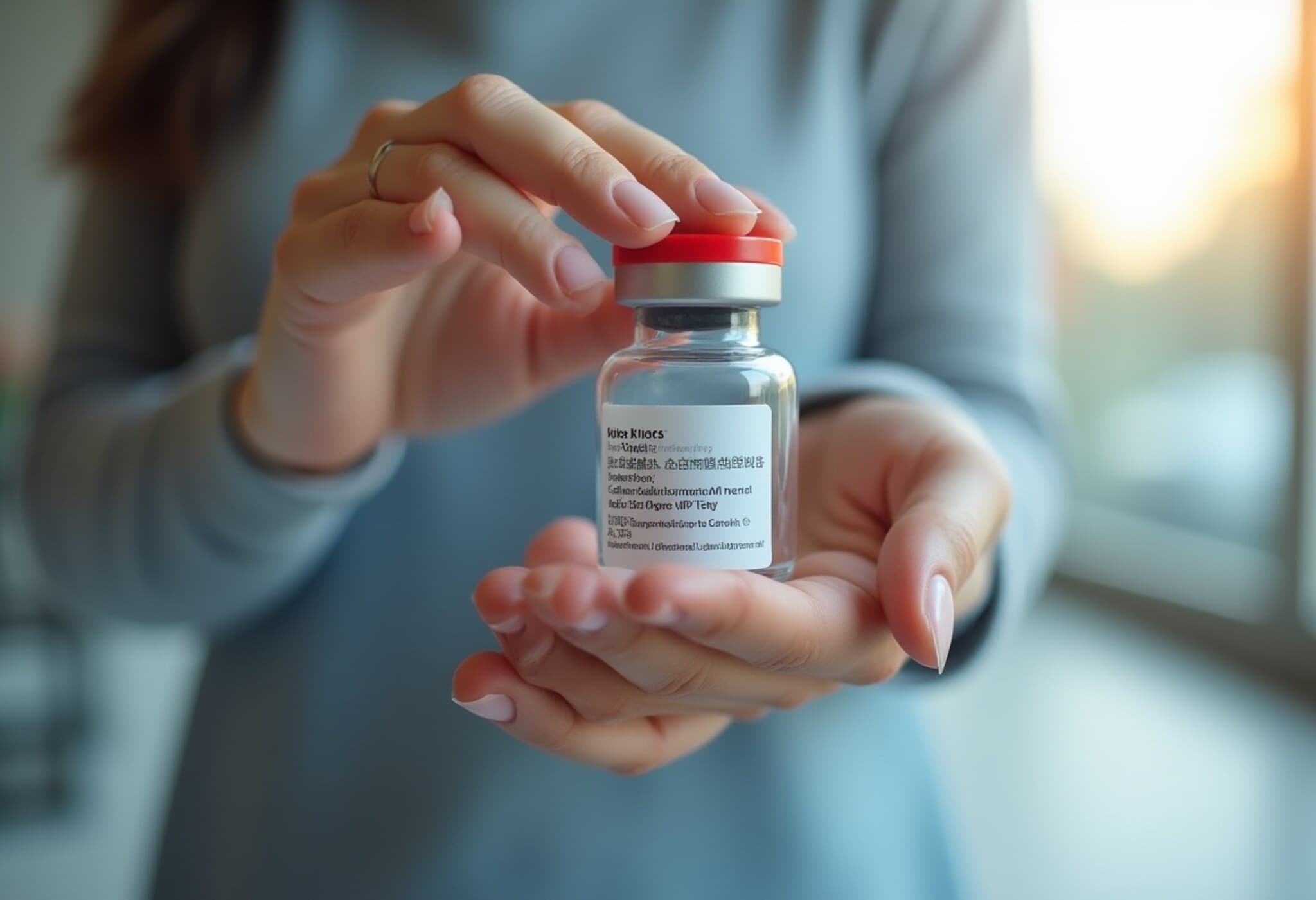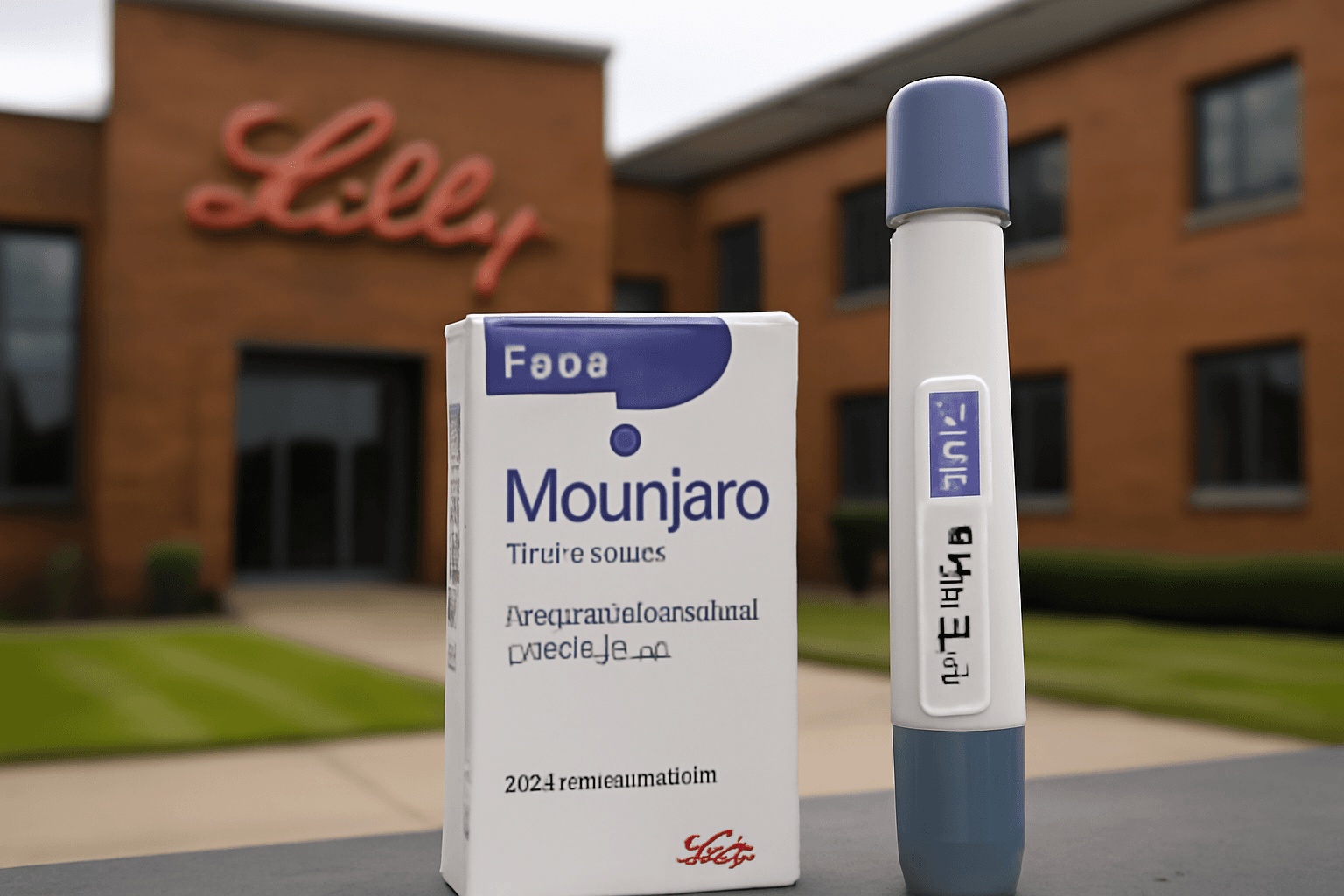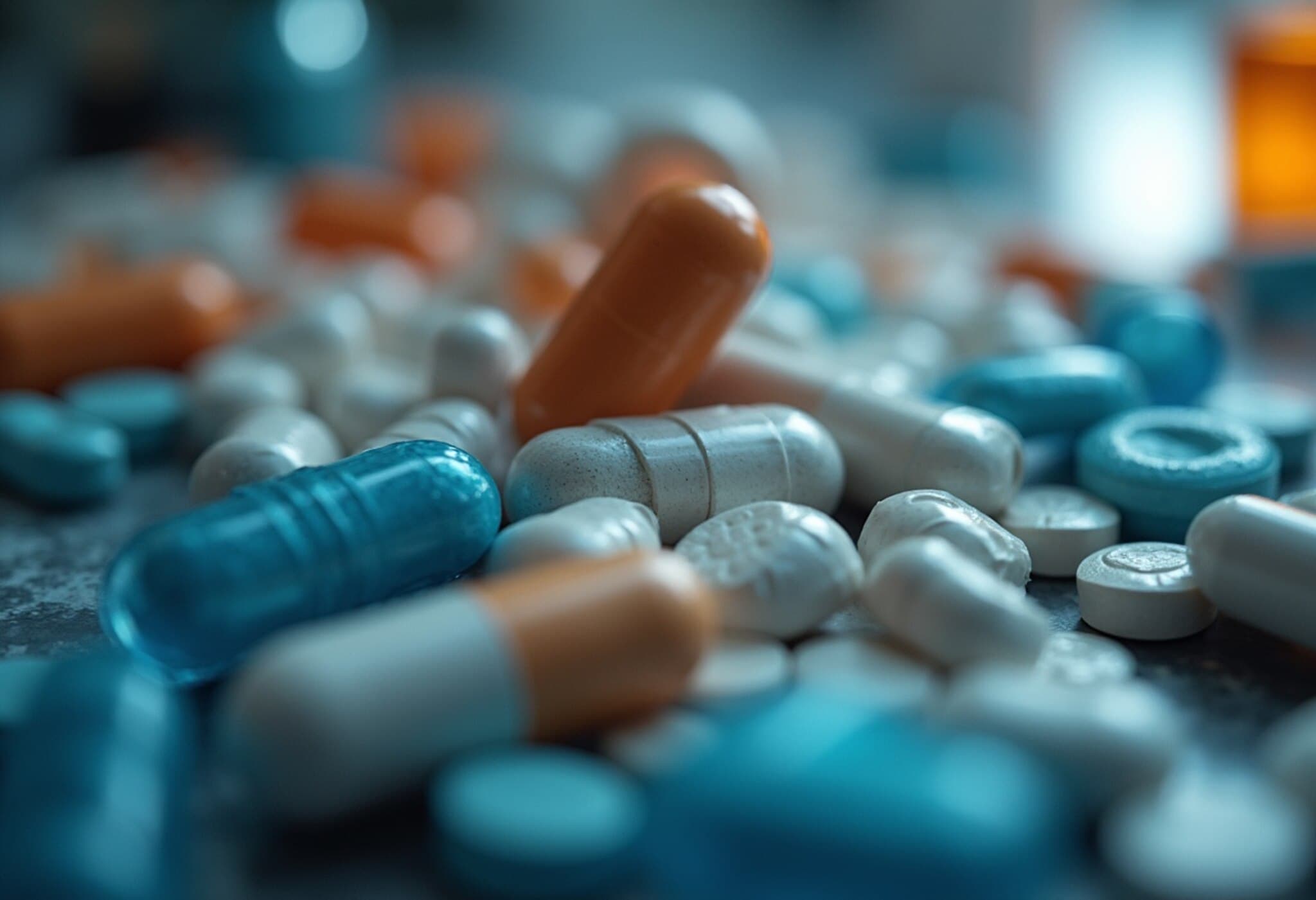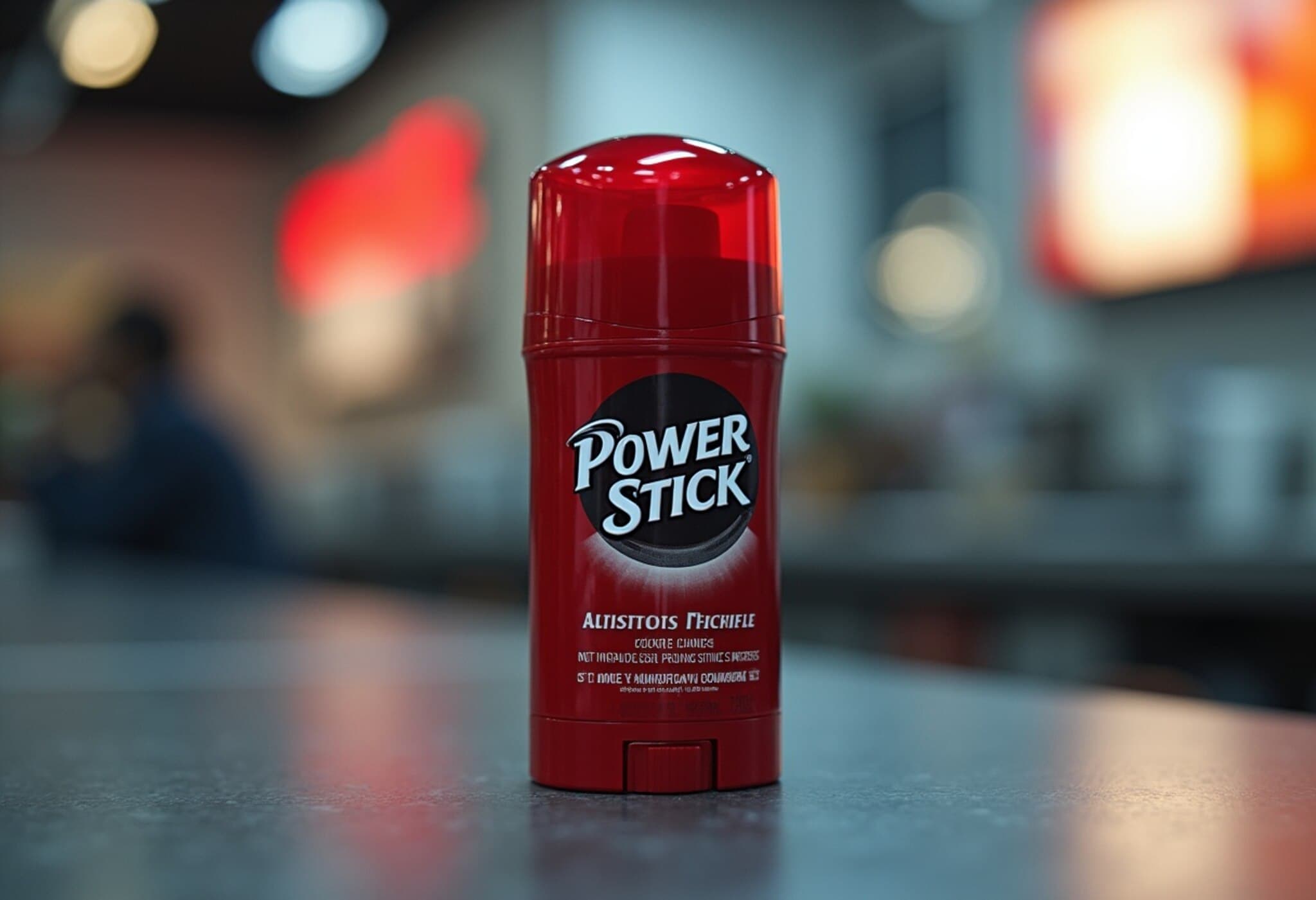Bristol Myers Squibb and Pfizer Launch Discounted Eliquis Direct-to-Patient Sales
In a significant move aimed at lowering drug costs, pharmaceutical giants Bristol Myers Squibb and Pfizer announced they will begin selling their blockbuster blood thinner Eliquis directly to certain patients at a price discounted by more than 40%. This initiative seeks to bypass pharmacy benefit managers (PBMs) and insurers, offering patients a substantial relief from the drug’s steep list price of around $606 per month.
New Pricing Structure: What It Means for Patients
Starting September 8, uninsured, underinsured, and self-paying patients can access Eliquis for $346 monthly through the companies' Eliquis 360 Support program. This program ships prescriptions directly to patients’ homes, providing a streamlined and transparent purchasing experience. While the discount is meaningful, it’s important to contextualize:
- The new price is still roughly nine times higher than the average $38 monthly out-of-pocket cost for commercially insured patients.
- It exceeds the $231 monthly price that Medicare will pay under the Inflation Reduction Act starting next year, reflecting ongoing debate about drug pricing fairness.
Industry and Policy Context: Navigating Drug Pricing Pressure
This direct-to-patient sales effort emerges amidst mounting political pressure from the Trump administration to curtail prescription drug prices, including threats to permit cheaper drug imports. Analysts like Leerink Partners’ David Risinger interpret this move as a strategic adaptation to avoid stricter regulations linking U.S. drug prices to those in other developed countries.
Risinger also notes that Eliquis currently involves considerable rebates to PBMs, suggesting these new discounted sales may not adversely affect Bristol Myers Squibb’s and Pfizer’s overall revenues. This underscores the complexity of pharmaceutical pricing mechanisms, where list prices often differ sharply from actual costs to patients and insurers.
Balancing Access and Value: A Closer Look
Although Eliquis prescriptions are currently covered by insurance over 90% of the time in the U.S., Bristol Myers Squibb and Pfizer emphasize the new sales channel aims to:
- Increase treatment accessibility for those outside traditional insurance frameworks.
- Provide greater transparency on drug costs.
- Reduce out-of-pocket expenses for vulnerable patient populations.
Chris Boerner, CEO of Bristol Myers Squibb, highlighted that this initiative "passes more savings directly to patients" and reflects a commitment to innovative solutions that prioritize access to essential medications.
What’s Next? Implications for Patients and Policymakers
While the discounted price is a step forward, questions remain about how drugmakers can further reconcile profitability with affordability, especially given the disparity between prices for uninsured and insured patients. Additionally, Medicare’s negotiating power under the Inflation Reduction Act sets a precedent that could reshape pricing negotiations for other blockbuster drugs.
As the healthcare landscape evolves, efforts like Eliquis 360 underscore the urgent need for multifaceted approaches blending policy reforms, market innovation, and patient-centric strategies to tackle America’s longstanding drug affordability crisis.
Editor’s Note
The launch of discounted direct-to-patient Eliquis sales offers a fresh pathway for addressing high drug prices, but falls short of resolving broader systemic inequities in U.S. pharmaceutical costs. While beneficial for uninsured or underinsured patients, the pricing disparity highlights ongoing challenges in balancing value and access. As Medicare’s negotiated prices come into effect, the industry faces pivotal choices about transparency, rebates, and equitable pricing. Readers are encouraged to consider how such models might be scaled or improved to truly transform patient affordability in the long term.

